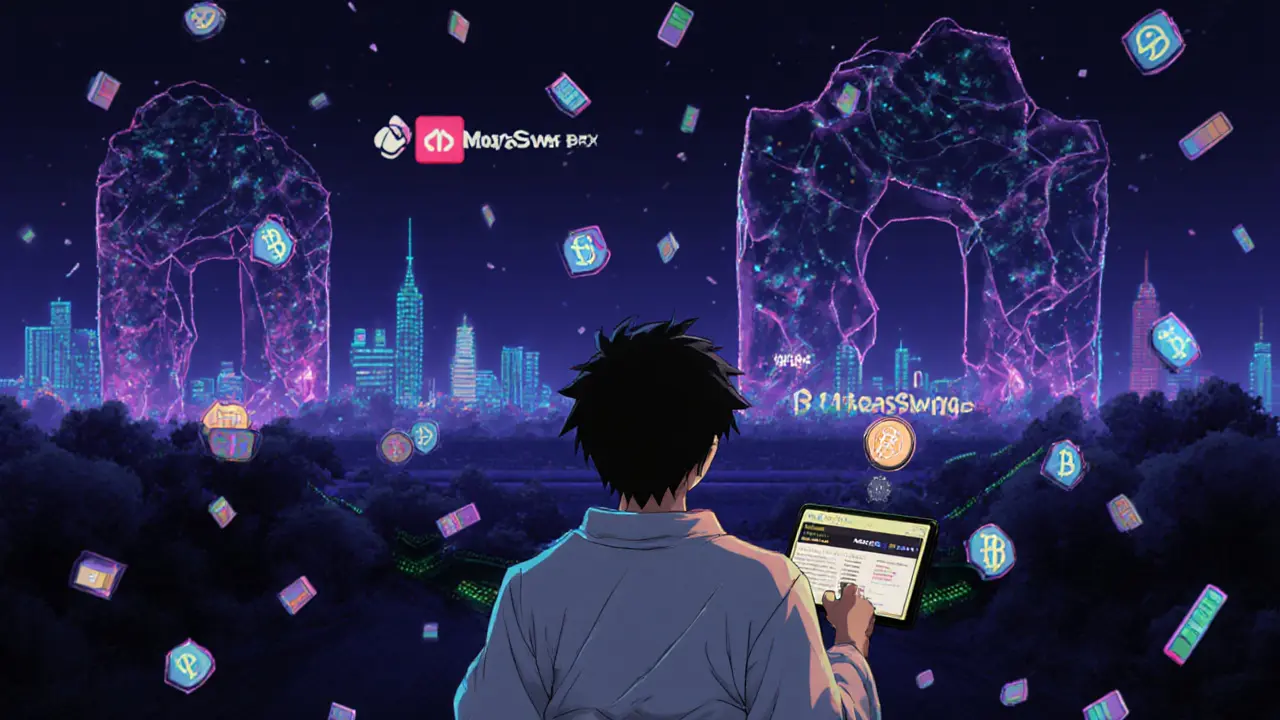MoraSwap Exchange: What It Is, How It Works, and What You Should Know
When you hear MoraSwap exchange, a decentralized crypto exchange built for fast, low-cost token swaps on blockchain networks. Also known as a DEX, it lets you trade directly from your wallet without handing over control of your funds to a central company. Unlike big platforms like Binance or Coinbase, MoraSwap doesn’t hold your crypto. You sign transactions yourself using your private key. That means no account, no KYC, and no middleman — but also no customer support if something goes wrong.
It’s part of a growing wave of decentralized exchanges, platforms that run on smart contracts instead of servers. These tools let users trade everything from Bitcoin to obscure meme coins without needing permission. MoraSwap fits into this space by focusing on speed and low fees, often using Layer 2 networks to cut gas costs. But here’s the catch: just because it’s decentralized doesn’t mean it’s safe. Many DEXs like MoraSwap have little to no audit history, and their liquidity pools can be drained if the code has flaws. You’re trusting code, not a company — and code can break. That’s why users who rely on crypto swap, the act of exchanging one digital asset for another on a blockchain platforms like this need to check token contracts, verify liquidity, and avoid coins with no trading volume. The same tools that make swaps fast and cheap also make scams easy to hide.
What you’ll find in the posts below is a real-world look at platforms like MoraSwap — not the marketing, but the truth. You’ll see reviews of exchanges with similar setups, warnings about fake tokens that ride on popular DEXs, and breakdowns of how to spot a dead project hiding behind a shiny interface. Some of these platforms have zero trading volume, no team updates, and hundreds of holders who can’t sell. Others are legit but risky because they’re unregulated. Whether you’re swapping tokens on MoraSwap or another DEX, the lesson is the same: if you can’t find a clear track record, assume it’s a gamble — not an investment.
